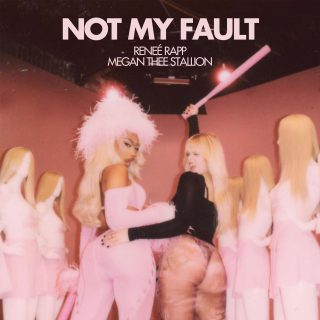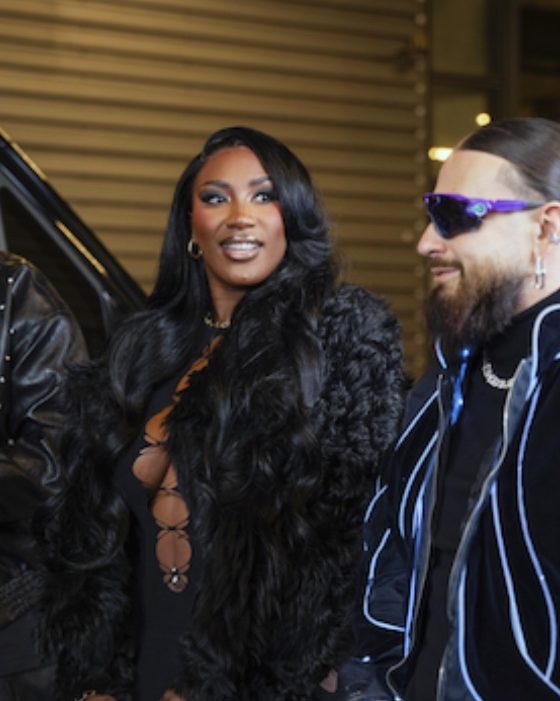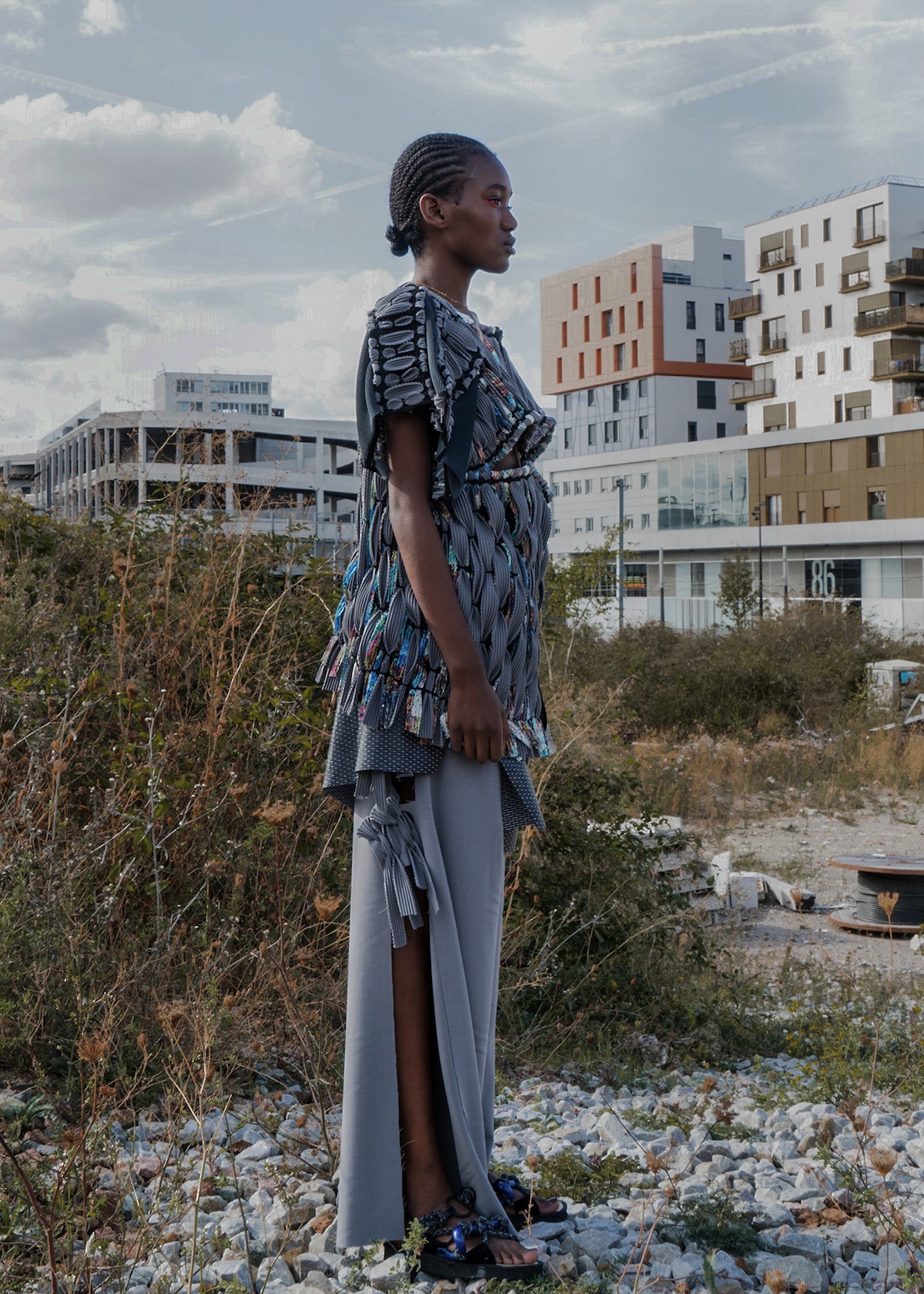Inclusive writing, a linguistic practice aimed at reducing the predominance of the masculine in the French language and including all gender identities, has seen significant advances in recent years.
This evolution is part of a broader movement to recognize and promote gender equality in society. The progress of inclusive writing has been marked by the increasing adoption of its conventions in a variety of contexts, including the media, education, and even some government institutions.
A linguistic evolution
In the field of education, many institutions have integrated guidelines encouraging the use of inclusive writing in textbooks and curricula. This approach aims to raise awareness of linguistic diversity and promote gender equality from an early age. Similarly, many media and publications have gradually adopted inclusive writing practices, recognizing the importance of reflecting diversity and inclusivity in their language.
However, despite this progress, inclusive writing remains a subject of debate and controversy. Some critics point to concerns about the readability and clarity of the text, while others question its effectiveness in the fight for gender equality. Nevertheless, its adoption continues to grow, fueled by a growing desire to promote a language that is more inclusive and representative of human diversity.
Gender equality
Emerging as a response to the gender imbalances present in the French language, inclusive writing has enjoyed a notable rise in recent years. This linguistic practice aims to include all gender identities and deconstruct patriarchal structures by promoting more egalitarian communication. The progress of inclusive writing, perceptible across various sectors of society, reflects a broader movement towards recognizing and valuing diversity.
Advances in inclusive writing reflect a profound change in the way society views and uses language. Although it faces criticism and challenges, its growing adoption in education, the media and other spheres of public life underscores its importance in the fight for gender equality and the recognition of diversity. As we continue to move towards a more inclusive society, inclusive writing plays an essential role in building a language that reflects and celebrates the plurality of human identities.




























Follow us on Instagram